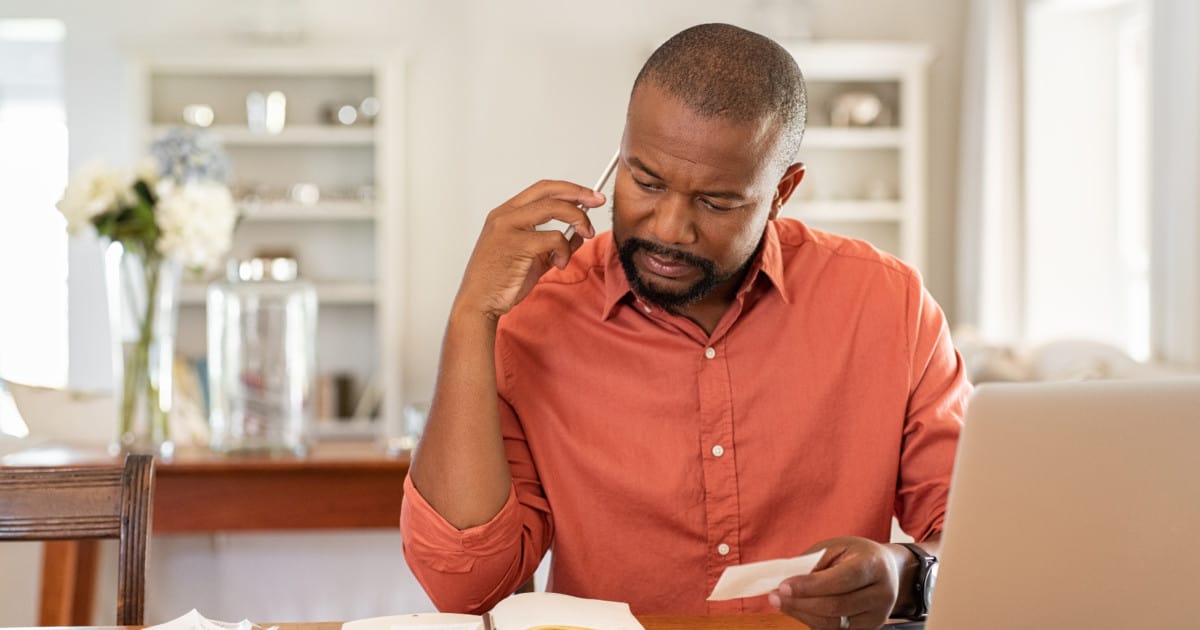Americans have been on a roller coaster of emotions over the last two years. In early days of the pandemic, social distancing and mask wearing were brand new and many felt panicked and confused. By the time vaccines became widely available a year later, that initial panic had, for many, given way to malaise, anxiety and symptoms correlated with depression. As life returns to normal, some are basking in the joy of reuniting with loved ones, while others are struggling to regain a sense of purpose.
Wherever the pandemic has left you emotionally and financially, it is important to make sure your emotional state isn’t consistently guiding your spending habits.
Emotional spending
When we are sad, we’re likely to spend more money than we otherwise would. It’s generally not a problem to indulge yourself occasionally, but if overspending becomes a trend, it can erode your retirement planning and budget.
Another emotion that can lead us to overspend is guilt. If you feel financially comfortable, but know others are struggling, it’s possible to feel guilty for your good fortune. That guilt can lead to well-intentioned spending as you try to give back – from supporting family members to purchasing expensive gifts for friends to charitable donations. Generosity is wonderful, just be sure your giving never compromises your own well-being or financial stability.
How emotions can help you save
Research indicates that anger may be good for your bank account1. For example, anger can sometimes drive us to make riskier decisions than we would otherwise. While you don’t want an investment portfolio that is full of risk, having a few higher-risk investments, such as stocks, can be a way to boost overall returns over time – particularly if you tend to favor low-risk, fixed-income vehicles like bonds.
Perhaps the most beneficial emotion when it comes to spending is gratitude. Research has shown that those who describe feeling a sense of gratitude having an easier time delaying gratification2. Cultivating gratitude can improve your patience, which makes you less likely to make emotional, impulsive decisions about money. And making more prudent financial decisions will benefit you in the long run.
New emotional experiences are always around the corner. As you cycle through each new feeling, try to remember that while a splurge or risky decision might feel good now, you’re going to be living with that decision later – even when the emotion has long since passed.

